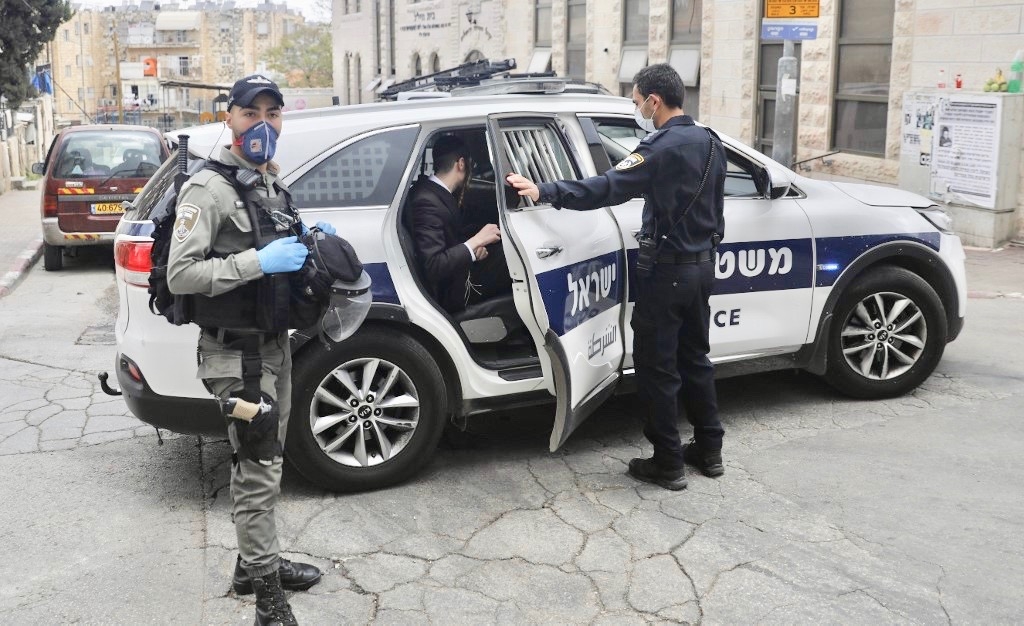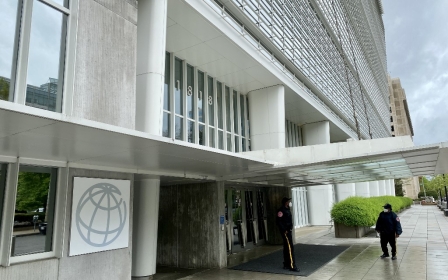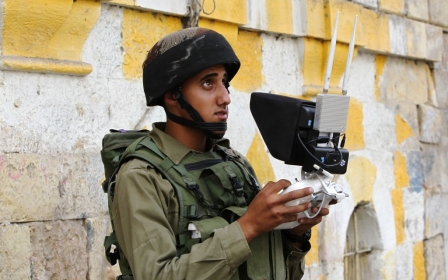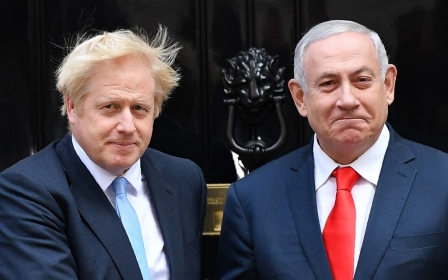Coronavirus: Israel eases some restrictions amid decline in pandemic cases

Israel on Saturday approved some easing of its tight coronavirus restrictions, while pointedly avoiding announcing the first stage of an exit from lockdown.
In a televised address, Prime Minister Benjamin Netanyahu outlined "a responsible and gradual" plan that would allow the return of some workers to offices and industry, AFP reported.
Beginning on Sunday, workplace staffing levels can increase to 30 percent from 15 percent and some shops will be allowed to reopen, though malls and large markets will remain closed, Netanyahu said.
He also promised to allow a return to school for children with special educational needs, in groups of as many as three.
Israel, which has a population of about nine million, confirmed its first coronavirus patient on 21 February. By Saturday it had registered 13,107 cases of the illness, with 158 fatalities.
Still, infection rates have generally declined over the past two weeks, according to Israeli health ministry data cited by Reuters.
New cases peaked on 31 March at 741, and have since more than halved, with 271 new cases recorded on 17 April, ministry data showed.
Netanyahu warned that if infection rates began to climb again there would be a fresh clampdown.
"If there should be an additional outbreak of corona, we shall be obliged to backtrack."
Still, he said: "If we see that in two weeks' time the improving trend continues, there will be further easing."
Finance Ministry director general Shai Babad spoke in the same broadcast.
"It is important to stress that this is not the start of an exit strategy; we are not returning to normal," he said.
Israel was an early and tough responder to the Covid-19 crisis.
In late February, it banned travellers arriving from virus hotspots, gradually extending restrictions to a near-total air travel ban.
Then came regulations barring Israelis from leaving their homes except to go to the supermarket, pharmacy or hospital.
Jerusalem lockdown
Earlier this week, Israel locked down mainly ultra-Orthodox Jewish areas of Jerusalem, where the infection rate is high.
The entry and exit restrictions, enforced by police roadblocks, were imposed on 12 April, the same day as a government order closing places of worship of all faiths and mandating the wearing of masks in public went into effect throughout the country.
The measures have battered Israel's economy, forced many businesses to close and sent unemployment soaring above 25 percent.
Netanyahu said that he was also relaxing restrictions on public prayer, which would now be permitted for groups of up to 10 people, in the open air, standing at least two metres apart and wearing masks.
Ten is the number required for a quorum for prayer by observant Jewish males.
Middle East Eye delivers independent and unrivalled coverage and analysis of the Middle East, North Africa and beyond. To learn more about republishing this content and the associated fees, please fill out this form. More about MEE can be found here.





